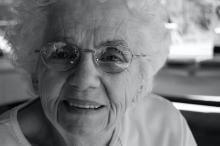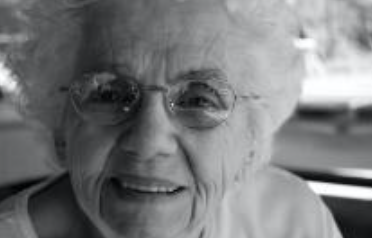
Member Prices
Anxiety disorders are the most prevalent class of mental health condition among older adults, and they are associated with adverse consequences for physical and cognitive health. Unfortunately, although cognitive-behavioral therapy is more effective than no treatment or treatment as usual among older people with anxiety disorders and related conditions, it may be less effective than in younger and middle-aged individuals. Other behavioral interventions, such as supportive therapy and relaxation training, may be as effective as CBT for many anxiety-related conditions in later life, and medications, particularly SSRIs, may be more effective. This presentation reviews the evidence for psychological interventions, particularly CBT, relaxation training, and mindfulness-based approaches, for anxiety disorders and related conditions (PTSD, Hoarding Disorder, disproportionate fear of falling) in elderly people. Both traditional in person and alternative modes of delivery will be described. The presentation also briefly discusses the role of pharmacotherapy in treating this population. Finally, we discuss a case that illustrates some features of working with an anxious older individual: the difficulty of distinguishing anxiety from depression and cognitive impairment, the limits of psychotherapy, and the benefit of multidisciplinary treatment, including environmental modifications.













